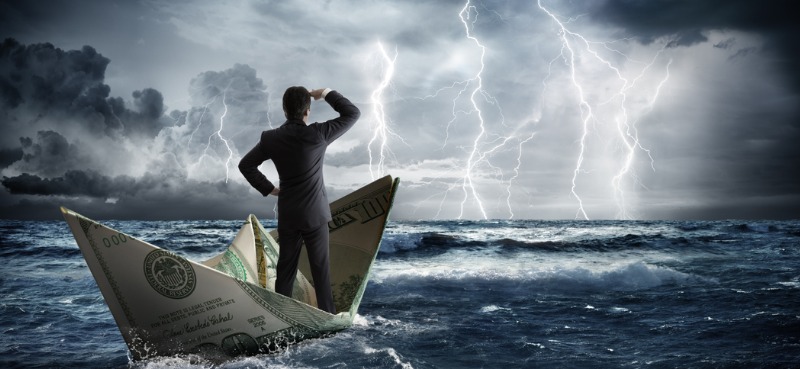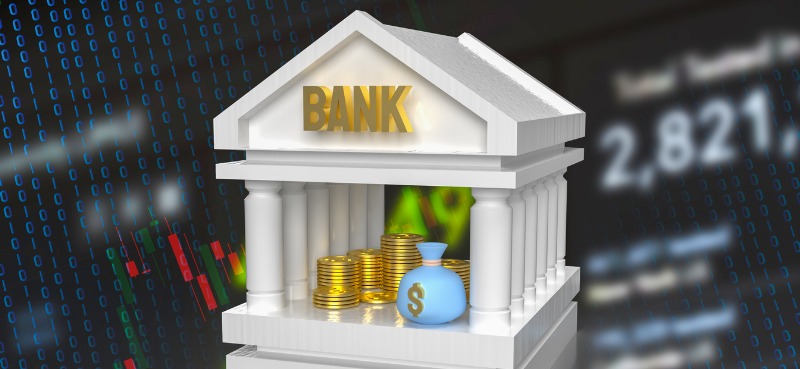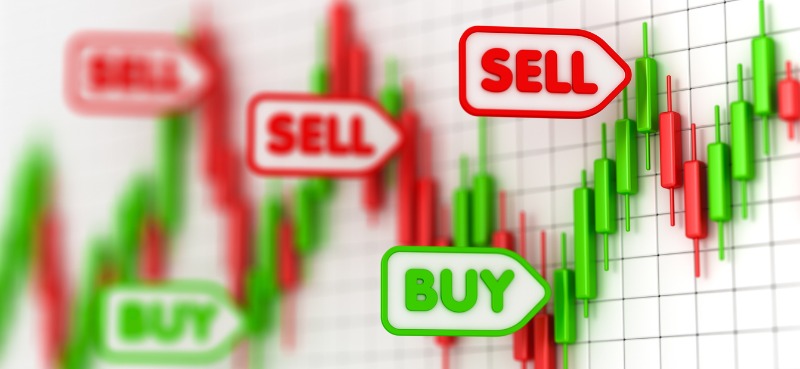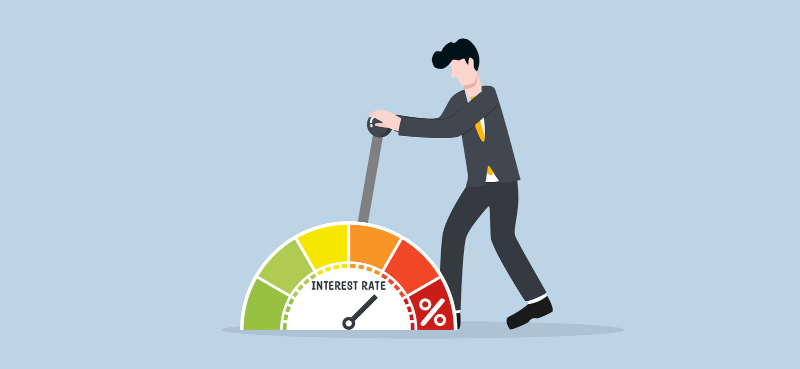In the span of a week, the world has changed dramatically.
And not only for 43 million Ukrainian citizens suffering in this senseless and brutal war… or for Ukrainian expats like myself, watching in terror for family and friends as Russia bombs our homeland.
It’s also a new era for Western unity… as nations join forces to implement a set of punishing sanctions against Russia.
And it’s a new world for investors.
We all know actions have consequences… even unintended consequences. And the bigger the event is, the larger and more widespread the reverberations. It’s the basic concept of the ripple effect.
A small military intrusion wouldn’t have changed the investing landscape much… But we’re already past that. The bigger this war gets, the more reverberations will be felt throughout the globe.
Rational investors typically operate from an assumption that the most probable event is what will happen… and if you bet on it happening, chances are you’ll profit. Stocks go up over time… earnings outlooks determine prices… and easy Fed policies send stocks higher.
But as I’ve written many times before, things can go off course quickly… which is why investors need hedges. When things are good, hedges seem unnecessary… But, just like insurance, they’ll help you when the unexpected happens.
Today, we’re facing a widespread set of possibilities—many unintended and some too undesirable for me to even name here.
But the market has been holding up relatively well. It’s in positive territory over the six days since the Russian invasion.
What gives? Can we expect this rally to continue? And if not, what can investors do to stay safe in this market?
The 6-day market picture from the day of the invasion (February 24) through March 3 gives us some insight…
The market was up 3%, with energy stocks leading the advance, up 8.2% over the past six days and up 32% so far in 2022. Precious metals were also strong (gold is up about 7% in the past month… and pushing towards all-time highs). And the weakest market sector over this period was financials, which were down 0.9%.
What do the strength in major indices and the lagging financial sector tell us?
The market is guessing the Fed won’t try to slow the economy in the face of the mounting geopolitical risks—in other words, money will continue to be free (or next to free), and stocks are the best place to park it.
But the rising prices of gold (the market’s favorite safe haven) and oil—and the rally in leading energy stocks—are warnings about high inflation.
Meanwhile, almost two full years after the COVID crisis hit and the Fed began its free money policies, the Fed Funds rate is still set at zero… and the Fed has yet to start a new hiking cycle. Its balance sheet is at record highs… And the Consumer Price Index (CPI) is at 7.5%…
And while Fed Chair Jerome Powell just told Congress we’ll likely see a quarter-point rate hike later this month, this won’t be nearly enough to beat down inflation.
Even if it were business as usual, a quarter-point hike wouldn’t scratch the surface…
And it’s not business as usual: There are now a lot more possible—even probable—unknowns that could significantly impact that market…
For one, we don’t know just how badly global sanctions will hurt the Russian economy… and just how much of the aftermath will spread through the world’s financial system. Keep in mind, when Russia defaulted on its locally denominated debt in August 1998, Long-Term Capital Management (LTCM)—a large U.S.-based hedge fund—had to be bailed out…. and the Fed had to cut interest rates by an unheard-of 50 basis points.
Now we face a real possibility that Russia will default on its foreign (dollar and euro) denominated debt (although the size of this borrowing is relatively small at $40 billion). The first date to watch will be March 16, when the first of several interest payments is due.
There’s also the fact that Russia is the world’s top 3 oil producer… behind the United States and on par with Saudi Arabia, with daily production of 11 million barrels per day. We’re already seeing Russian oil exports falling… and its Ural oil can’t find buyers, even at a discount.
If this senseless war continues, we’re about to see a serious drop in supply—and substantially higher prices as a result. And remember: The price of crude is already up some 20% over the past few days—trading well above $100 per barrel.
And it’s not just oil; food prices are also about to skyrocket. Ukraine is a major producer and exporter of grains… which means we could see much lower (or no) production in the region… at a time when the world’s grain reserves are lower than average (China is now hoarding over half of the world’s grain reserves).
At this point, there’s little chance inflation will simply die down. The Fed missed its best window for starting rate hikes, and now it’s too late to keep the lid on… There will be rate hikes starting this month, but not nearly enough to overcome the inflationary pull of higher oil prices and war-related disruptions.
We’re even looking at a real possibility of “stagflation”—high inflation combined with slow or negative economic growth.
To stay safe, we want to implement portfolio changes based on what we can know for certain… which, today, is the worsening outlook for inflation and an indecisive Fed.
Commodities of all kinds and precious metals could be your best bet. They offer a simple way to protect against inflation… benefit from shortages… and even act as a hedge against other unexpected risks we could see on the heels of this war.
I wouldn’t write off alternative energy stocks, either. This group (which also includes nuclear power-related stocks) is on a long-term growth track, as it’s set to get an extra bid from the world’s hunger for energy.
Whatever you do, don’t get caught in the value trap that is the Russian stock market. These stocks have been cheap for years… have almost no value today… and, with the Russian economy in freefall, there’s no reason to think anything will change in that regard.
And don’t forget about put options as a way to hedge against downside risk in the markets.
It pays to be prepared.
P.S. Frank thinks the Fed will crash the market… possibly in the next few weeks.
But as we saw in 2008, every massive crash contains a massive opportunity for well-positioned investors.
My Moneyflow Trader strategy could help you amass a small fortune in the coming months…





















